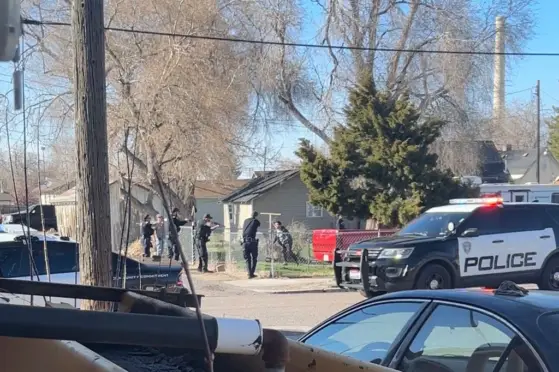Nevada Set For Legalization Vote in 2016
On Monday, Nevada’s Secretary of State Ross Miller approved an official petition to add marijuana legalization to the 2016 November ballot. The Coalition to Regulate Marijuana Like Alcohol needed to file 102,000 signatures but ultimately filed about 200,000.
If passed, the Nevada measure would establish marijuana cultivation and distribution businesses as well as legalize adult possession of up to an ounce of marijuana and an eighth ounce of concentrates. The measure leaves intact the medical marijuana law and allows home grows of six plants per person, limited to twelve plants per household. The measure also creates a taxed and regulated adult marijuana market.
“Nevada joins an ever-growing list of states with marijuana legalization on the 2016 ballot,” says Maj. Neill Franklin (Ret.), executive director of Law Enforcement Against Prohibition, a law enforcement group opposed to the war on drugs. “Marijuana prohibition has put countless otherwise innocent people in jail and increased street violence just as alcohol prohibition did in the 1920s. Nevada is ready to prioritize public safety and we look forward to seeing their state and others responsibly regulate marijuana so that law enforcement can focus on more pressing crimes.”
The measure will set buffers of allowed marijuana establishments to be 1000 feet from schools and 300 feet from community facilities, which are defined as daycares, parks, playgrounds, swimming pools, churches, synagogues, and other religious structures. Counties, cities, and towns would be given control over zoning land for marijuana establishments. It is not clearly stated that localities cannot ban marijuana establishments through zoning; one might presume that means they can until a court tells them otherwise.
The measure explicitly allows employers to continue their discriminatory “drug-free workplace” policies, so even under legalization, cannabis consumers will still be forced to provide clean piss tests for certain employment opportunities. Landlords will also be explicitly allowed to ban marijuana “smoking, cultivation, processing, manufacture, sale, delivery, or transfer” on their properties. One might presume you could still possess marijuana in your rental if it somehow magically appeared there out of thin air, but you could only eat it raw.
Licenses will also be rationed by county population with a limit of 130 statewide. Licenses will cost a non-refundable $5,000 fee, plus $10,000 license for an infused product manufacturer, $15,000 for a tester or distributor, $20,000 for a retail store, and $30,000 for a commercial grow. Marijuana would be taxed with a 15 percent excise tax at the cultivation stage and state (6.85 percent) and local taxes (up to 1.25%) at the retail level. Nothing is preventing these localities, however, from instituting outlandish local taxes on marijuana, which you can bet many will spend 2015 doing, just as Oregon localities rushed to pass local taxes before Measure 91’s passage this year.






